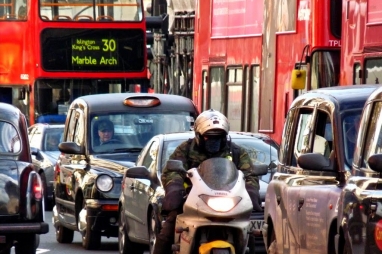- 200 Release Date - nike gold air chukka moc high school - SBD - nike gold air yeezy glow in the dark sneakers boys Rattan Obsidian CZ4149
- nike air force with skinny jeans girls , Manor PHX – Cheap Ietp Jordan Outlet , Premium Footwear & Streetwear Boutique
- The Nike Air Max 95 Drops Tomorrow - The 10 Best Nike Running Shoes in 2024 - Running Shoe Reviews
- IetpShops , 'Teal Nebula' Hues Take This Nike Air Force 1 Out Of This World , jordan nike high jump pants shoes girls boys women
- nike running shoes sell for sale on walmart card - 200 - order nike shox online sale shoes for women FV2923
- Air Jordan 1 University Blue 555088 134 Release Date Price 4
- air force 1 shadow
- air jordan xxxv cq4227 004
- air jordan spring 2021 retro collection release date info
- Air Jordan 1 Mid Bred 554724 074 2020 Release Date 4
- Home
- News and analysis
- Info hubs
- Events
- Video
- Case Studies
- About us
- Magazine
- Advertising
Produced for the industry by the Association for Consultancy and Engineering
News
London urged to go further to tackle air pollution crisis

London mayor Sadiq Khan may have to do more than his current proposals to cut air pollution to within legal limits, including a ban on all diesel cars, according to a new report by the Institute for Public Policy Research (IPPR). An interim report is published today, based on research carried out by the IPPR think tank with Greenpeace, ClientEarth and Kings College London. The report welcomes Khan's latest plans for cutting air pollution in central London, but more radical action is needed, towards phasing out diesel engines altogether, IPPR says.
Khan's plans, listed in a new consultation launched earlier this month, include a new £10 emissions surcharge on the most polluting vehicles entering central London from 2017, to be paid per day on top of the existing Congestion Charge. Introduction of the central London Ultra-Low Emission Zone (ULEZ) will be brought forward by one year, to 2019, plus, the ULEZ will be extended for cars and motorbikes beyond central London to a perimeter defined by the North and South Circular from 2020 (and London wide for HGVs and buses).
Launching his air quality proposals, Khan said: “With nearly 10,000 people dying early every year in London due to exposure to air pollution, cleaning up London’s toxic air is now an issue of life and death. Urgent action is now needed to ensure Londoners no longer have to fear the very air they breathe.
“That’s why I’m launching a hard-hitting plan of action to clean up our filthy air. Tough challenges call for tough measures, so I’m proposing a new £10 charge for the most polluting vehicles in central London from 2017, followed by an even stronger crackdown on vehicles pumping out hazardous pollutants."
In response to Khan's proposals, IPPR research fellow, Harry Quilter-Pinner, said: “It is encouraging that Sadiq Khan recognises the seriousness of the problem and wants to take action. The Mayor’s words have gone much further than his predecessor managed in eight years.
“The crucial test will be how radical the action to back this up will be. Lack of action on air pollution, at a national and international level, are all the more reason why London must now set an example and take the lead.
“This needs to be done in the context of 'Brexit' which risks a reduction in the pressure on the government to act on the UK's toxic air. Without the creation of a new Clean Air Act to replace EU regulation, the UK's air pollution laws risk becoming diluted and fossilised.”
The IPPR interim report on London air quality will be officially launched at London City Hall later today





